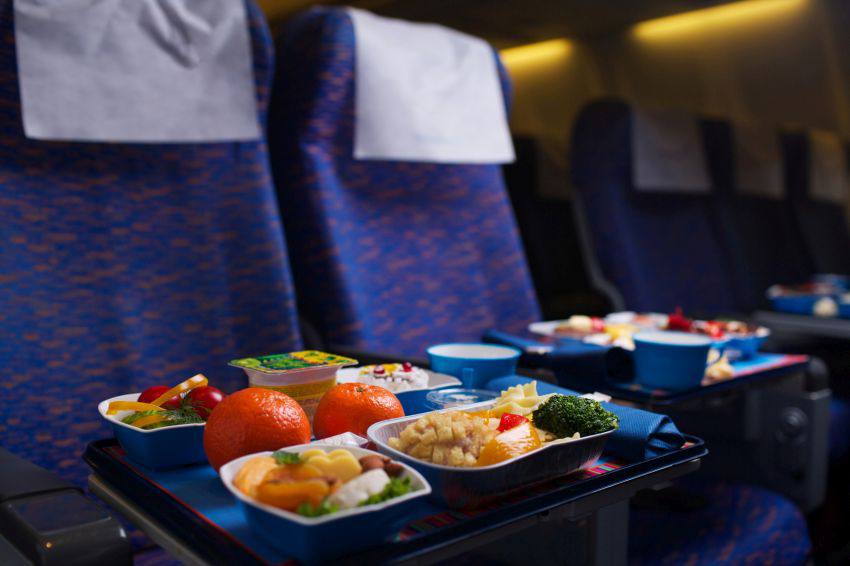Why travellers prefer Blue Cross
- Canada's #1 travel insurance brand and recognized worldwide
- Over 80 years of expertise in insurance
- $5 million travel insurance coverage, with or without deductible
- Flexible and affordable travel insurance solutions
- Free quote available online
- Travel assistance available 24/7 for any emergency, anywhere you travel

Tired of surprise fees from airlines? What you need to know about airline ancillary charges
Published on: January 8, 2015
What you need to know about airline ancillary charges
The air travel industry and the flying experience have changed significantly over the years. In the past, when you purchased an airline ticket, everything was included. Everything was paid for and you had nothing to worry about. Today, the airline ticket price you are quoted often does not include taxes, baggage fees, meals or snacks, or the ability to change your seat. These are extras, and it’s these fees that are catching passengers off guard.
In the airline industry, these additional charges are known as airline ancillary charges. Why are airlines tacking on the extra costs? Jay Sorensen is the president of IdeaWorks, a consulting group that tracks ancillary revenue. “Without ancillary revenue, the airline industry would be at a loss overall,” he says in Forbes.
These fees are proving to be a big business for airlines. In 2013 alone, the top 10 earners made more than $20 billion from ancillary fee revenue.
Common ancillary fees
Although you may be aware of the common ancillary fees, there are some that could creep up on you when you check in for your flight at the airport. Here are the most common ancillary fees charged by airlines:
- Baggage
- Redemption of frequent flyer miles
- Food and drinks
- Early check in or printing a boarding pass at the airport
- Preferred seating
- In-flight Wi-Fi access
- Tie-ins with hotel accommodations, car rentals and travel insurance
Tips for booking airfare
With so many changes to the airline industry in recent years, it’s important to stay on top of the latest developments and know what to look for when you’re ready to book a flight. Here are some tips to keep in mind when you book airfare:
- Know which airline you are booking with: Who you book with will have an impact on ticket pricing and the ancillary fees that you will be charged. Discount airlines often charge more ancillary fees, one of the main reasons why they are able to offer lower ticket prices. In some cases, you may actually save money, and the hassle, if you book with a major airline instead.
- Read the fine print: Make sure you know what is and is not included in the cost of your ticket. Baggage and seat selection options may or may not be included. If you are not sure, check with the airline before you buy.
- When you book matters: If you know in advance that you are going to travel, it’s best to book your flight about six weeks in advance. Although it’s possible to get last-minute deals, your selection and the discount offered are usually limited.
- When you travel matters: Taking a red-eye flight is not the only way to save money on the cost of airfare. Travelling mid-week and early in the morning are usually the least expensive flight options and will help offset the cost of ancillary charges.
“The moral of the story here is simple. The airfare you pay is the starting point, and it is rarely the total amount you will pay. So be careful when budgeting your trip, and since the airlines often like to call these ancillary fees ‘a la carte’ charges, then beat them at their own game, playing by their new set of ancillary fee rules. Pay for ONLY what you actually need,” says Peter Greenberg.
The last thing you want to worry about when you’re travelling or going on vacation is being charged unexpected fees. Make sure you know what you are paying for when you book your flight.